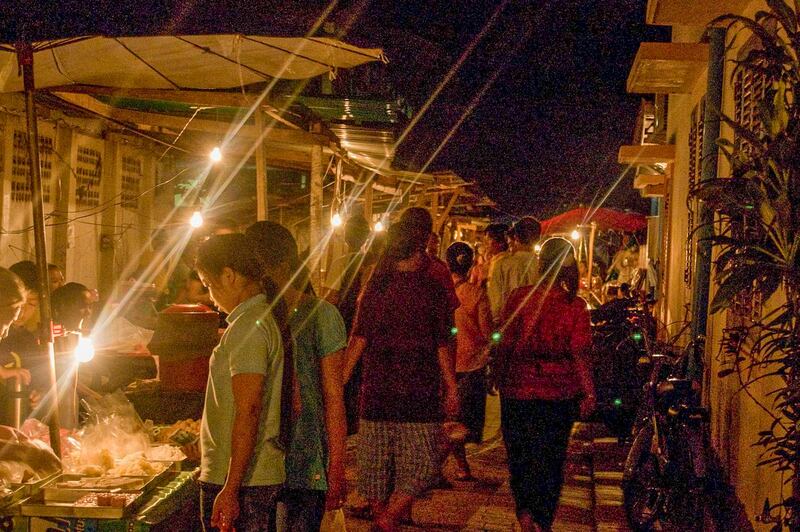Police found 17 underage girls – including three 10-year-olds – during raids of three homes in the popular tourist town of Luang Prabang that resulted in the arrests of four people, a provincial official told Radio Free Asia.
Most of the girls were between 14 and 17 years old and first came to the city from poor, rural areas, according to the provincial official, who requested anonymity to speak freely about a government matter.
“These girls were lied to,” the official said. “They were told that good jobs were available for them at hotels and restaurants in the city. In addition, they were told they would be provided with free food and accommodations.”
Once they arrived in Luang Prabang, their photos were sent to men – most of them Chinese tourists – and forced to work in the sex trade, he said.
“Some of them haven’t provided any sex service to anybody yet,” he said. “They were rescued just in time.”
The girls were “re-educated” and then released to their parents, according to Luang Prabang provincial police.
The mother of one girl told RFA that parents of some of the girls went to a meeting at the Luang Prabang police headquarters to retrieve them on July 4.

Three of the people arrested were Lao women who have previously been arrested on charges related to human trafficking, the official said. One of the women is married to a man from China who was also involved in the operation, he said.
“They have been re-educated several times. This time around, they joined the gang as a family,” he said. “They rented hotels and rooms for their operations.”
A second provincial official said Laos’ dire economic situation has made “many girls and boys desperate” for decent-paying jobs. That’s made it easier for dishonest traffickers to recruit young people from rural areas, he said.
“The girls are trapped because of the economic situation. More importantly, they’re not well informed,” the first provincial official said.
“Sometimes they see that one of their friends who dropped out of school, then worked somewhere else and had some money that they sent back home to their parents, who then built new homes.”
Translated by Max Avary. Edited by Matt Reed.
